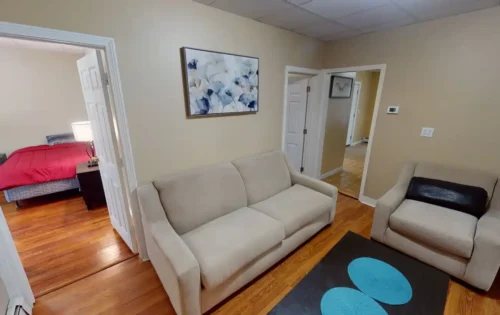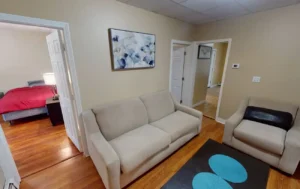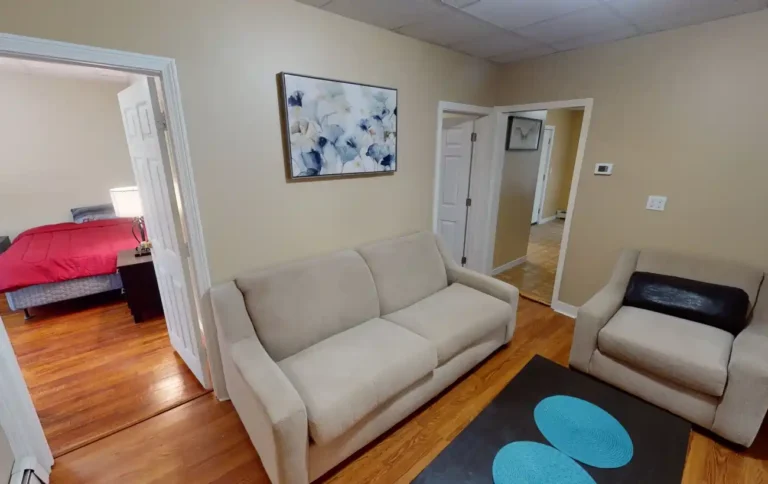
Never in a million years would we ever have imagined during our using days that we would one day be able to sit down with the people we’ve harmed and make direct amends! This would not be possible without the spiritual preparation we received from the previous steps. Our comprehensive approach includes recovery support services, counseling, and resources for making a sincere apology and working through the amends process. We help individuals address past wrongs while guiding them through a complete addiction recovery plan. Another instance where making direct amends may not be a good idea is if admitting your wrongs could jeopardize your freedom, which could hurt your loved ones. However, if after talking with your sponsor you decide to proceed anyway, make sure you have spoken to your family especially if you are the head of the household or primary source of income.
Step 9 of A.A.: Making Amends
There may be a safer, alternate activity to perform in lieu of a traditional conversation. Situations involving abuse, for example, may be better addressed by writing a letter you do not send but instead share it with your mental health professionals. The 12-Step amends approach can be constructive for you and the other party.
What Is Step 9?
- Well, there are no half measures, and it ain’t easy… if it were easy, everyone would be doing it!
- In pursuit of healing, you must take a critical microscope to the examination of your life before you give it to your higher power.
- Your AA sponsor, therapist, or another trusted person can help you determine how best to address making amends.
- When held in the bonds of an addiction, it’s not uncommon for many relationships to feel strain, or to fall apart together.
If this is the case, seek the advice of a qualified treatment professional or licensed therapist. Family matters may be best addressed in a proper therapeutic setting when possible. Some people’s greatest wish may be that you remain sober and continue recovering. Others may prefer never to speak again or even wish you ill on the way out of the door. The future of your relationships is never guaranteed, but you will feel better knowing you have done your best to remedy your prior errors. When making 12-Step amends, we must do our best to set aside any exceptions from the other person.
The Science of Step 9 AA: How Making Amends Can Help

Spending time cataloging wrongs you’ve done and the harm you’ve caused may feel like a one-way street toward grief and risk, but it is not. Making amends is a key to releasing the emotional shackles of the damage you carry, whether you own it or not. This Step includes an important caveat for members – carefully examine if the full revelation of the situation would cause harm to the one amends are being made to. When held in the bonds of an addiction, it’s not uncommon for many relationships to feel strain, or to fall apart together. Talk with your sponsor or others in your recovery community about what has worked for them. If your actions match your intentions and you reach out in person, you are doing the next right thing to right past wrongs.
The Ninth Step Promises
- Even if you want to justly or correct, allow them the right to express their experiences, feelings and thoughts about the harm.
- We are not attorneys and are not providing you with legal advice.
- If the act of making amends will open old wounds or create new harm, then making direct amends should be avoided.
- It is another rewarding part of our recovery journey and brings us closer to the gift of freedom.
- By practicing these spiritual principles we can break those chains and achieve the freedom from our addiction that we have yearned for.
If the harm you caused someone included monetary damage and you do not have the financial means to make direct amends in a monetary way, this does not mean that you should not make amends to that person. Your AA sponsor, therapist, or another trusted person can help you determine how best to address making amends. At this time, that may include simply having a conversation where you acknowledge any financial burden caused by your actions and the fact that you cannot currently lift that burden even though you wish to do so. If we had not done the work in the first eight steps, we wouldn’t now have a foundation on which to stand while we make our amends. If we had not developed a relationship with a Higher Power, we wouldn’t now have the faith and trust that we definitely need to work Step Nine!

Positive Psychological Effects of Step 9 AA
- I always thought that I had been making direct amends whenever I had injured others.
- It’s important to note that not all actions are forgivable, and not all amends will be accepted.
- For every time you said you’d be there or that you’d help someone do something and didn’t show up, you’ve left an impression upon that person that they can’t rely on you to keep your word.
- Some people on this list may be harder to approach, so readiness is key.
- If you have devoted the necessary time and energy to the first 8 steps, you should have a solid foundation from which to approach making amends in Step 9.
- How do you prove your worth to others after so many failed chances?
This is part of our ongoing commitment to ensure FHE Health is trusted as a leader in mental health and addiction care. Making amends can also reduce stress, by addressing past wrongs may prevent future conflicts that could jeopardize sobriety. Recovery support groups and individual therapy can help you if you are struggling to make amends or accept the responses of others. A sponsor or therapist can help you talk through your choices, determine the best course of action for making amends, and consider how your actions may affect others as you seek to make amends.
Substance Abuse Treatment Programs

Also, it may not be a good idea to make direct amends if it could potentially stir something up. While guilt or shame Alcoholics Anonymous can be a helpful marker to call attention to the wrongs that need righting, once that purpose is served, it’s time to let go. Holding on to those emotions will catch you in a storm you cannot outrun. In pursuit of healing, you must take a critical microscope to the examination of your life before you give it to your higher power.

If you have devoted the necessary time and energy to the first 8 steps, you should have a solid foundation from which to approach making amends in Step 9. Your relationship with a higher power—no matter how you define it—can help you to remain open and willing, even as you acknowledge hard truths about pain you have caused to others. We have already begun making amends to ourselves by changing some of our behaviors, attitudes and beliefs. The part of the amends process whereby we change ourselves has living amends aa an effect on everyone around us and goes on long after we’ve spoken directly to someone we have harmed.
